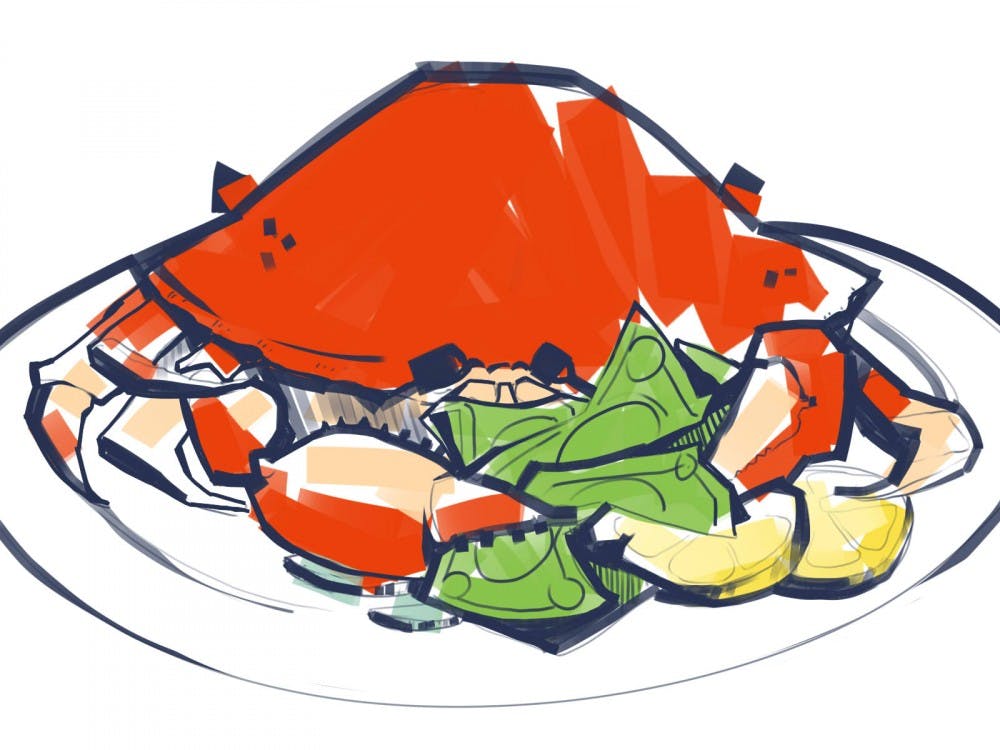Joe’s Crab Shack isn’t always at the forefront of innovation, but last August they began to try something new.
They have eliminated tipping in 18 establishments to this point, according to CNN Money. Though it might take a little getting used to for customers, it does seem like it’ll make the workplace better for servers.
Joe’s Crab Shack eliminated the need for tipping by raising the wages of their “front-house” workers to anywhere between $12 and $14 an hour. That is significantly more than the federal minimum wage for tipped services, which is $2.13 per hour.
Most restaurants rely on the compensation for their servers coming from tips. That means the cost of serving gets shoved onto the customer. In a worst case scenario, the customer doesn’t tip well and the server doesn’t get compensated for their work. With the new system, restaurants are taking back the responsibility for their employees.
However, that is only really acceptable if the wage that Joe’s Crab Shack has set to pay their servers is equal to or more than what they would have been earning on a tip-based society.
Otherwise, the system is just shorting servers yet again.
Some customers might be weary of what eliminating gratuity will do to their customer service, but the truth is, compared to the rest of the world, the American service system coddles customers. We don’t actually need all those extra cups of water, or to be called pet names to enjoy our meal. Especially since, even with our more attentive system, a lot of people still don’t tip.
The new gratuity system protects servers from people who don’t understand a tip isn’t just a reflection of service anymore but the majority of the server’s income.
We’ve all seen those customers that don’t tip or leave notes instead of money. We’ve all seen customers who act outrageous, either being too flirty or too demanding, and the servers have to cater to it because their income isn’t guaranteed.
That extra level of service is called “emotional labor,” a term explained by sociologist Arlie Russell Hochschild in her book, “The Human Heart: Commercialization of Human Feeling” which means “management of feeling to create a publicly observable facial and bodily display... sold for a wage.” It’s an aspect of the job that no one considers, but it is perhaps the most draining aspect.
The truth is serving incentives should be compensated by the employer like any other job.
Some might be concerned that raising salaries will raise prices, but in reality, it just moves the price from the tip you add to the number on the menu. In this case, Joe’s Crab Shack is ahead of the game, and hopefully other restaurants follow.




